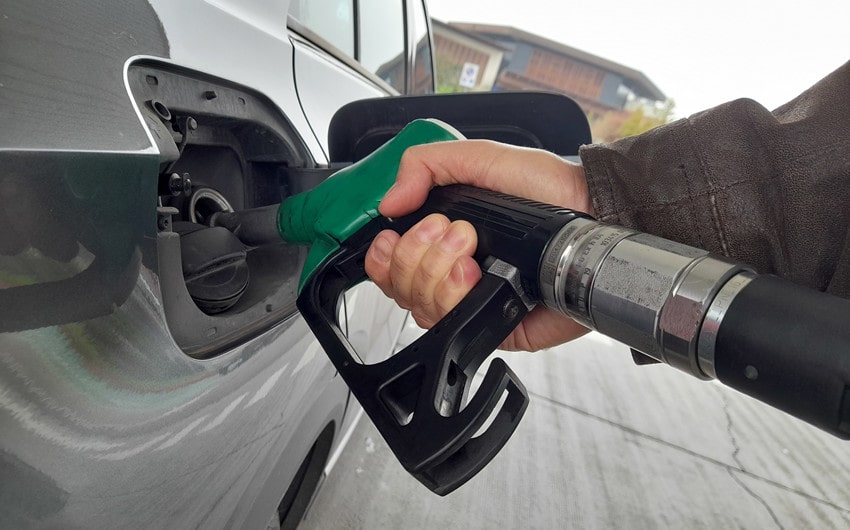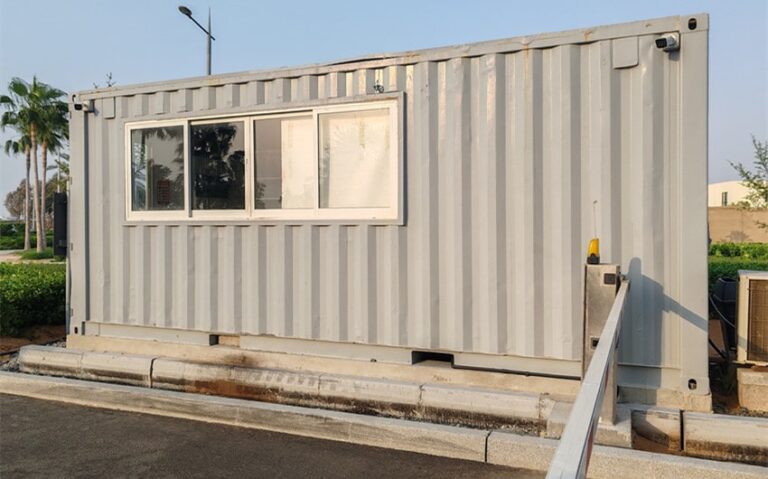Why Your Gas Tank Is Important For Your Car To Operate
The gas tank is one of the most overlooked yet essential components of your vehicle. While it may seem like just a container for fuel, it plays a far more critical role in your car’s overall performance and drivability. From fuel delivery to emissions control, a well-functioning gas tank ensures that your engine receives the right amount of fuel at the right time.
Ignoring issues related to the gas tank or its surrounding components can result in poor fuel economy, performance loss, and even complete engine failure. Understanding its function and knowing when to replace it is key to keeping your vehicle running smoothly.
Consistent Engine Performance
At a basic level, the gas tank stores the fuel your engine needs to run. However, it also acts as the starting point for a complex fuel delivery system that includes the fuel pump, filters, pressure regulators, and injectors. A clean, sealed tank ensures that fuel flows smoothly through this system without contamination or pressure loss. If you’re noticing performance issues, starting your diagnostics with a search for quality auto parts near me can help ensure you’re replacing the correct components.
One key player in this system is the fuel pressure regulator. This device ensures that the right amount of fuel reaches your engine, regardless of driving conditions. A failing fuel pressure regulator can result in symptoms like rough idling, poor acceleration, engine misfires, or black smoke from the exhaust. If the gas tank is rusting, clogged, or filled with sediment, it can damage this component by allowing debris to flow through the fuel lines.
Beyond physical damage or age, gas tanks can also develop vapor leaks, which affect emissions and fuel economy. Modern vehicles rely on sealed tanks and vapor recovery systems to prevent gasoline fumes from escaping into the atmosphere. If the tank’s seal is broken or corroded, the check engine light may come on, and the car could fail an emissions test. In some cases, the engine may also experience fuel starvation, where the amount of fuel reaching the engine is insufficient to maintain normal operation.
Even small cracks or pinhole leaks in the tank can lead to noticeable fuel loss and pose fire hazards. If you detect a strong fuel smell or see wet spots near the tank area, it’s important to investigate right away. These are signs that the tank or its connecting hoses may need immediate attention.
Replacing a Gas Tank Safely
If your gas tank needs replacing, safety is the top priority. Gasoline is highly flammable, and replacing a tank involves disconnecting electrical components, draining fuel, and lifting the vehicle securely. This is not a job for guesswork or makeshift tools.
Start by running the vehicle until the fuel level is low—this minimizes the amount you’ll need to drain and makes the tank lighter to remove. Next, safely elevate the car using jack stands and chock the wheels to prevent rolling. Once the vehicle is secure, disconnect the battery to eliminate any spark risk during the process.
After removing any remaining fuel, disconnect the fuel filler neck, vapor lines, and electrical connections. Carefully unbolt the straps holding the tank and lower it using a jack. With the tank removed, it’s a good opportunity to inspect or replace additional components like the fuel pump, filter, or sending unit. Also be sure to check wiring and connectors, including the fuel pump relay, which plays a crucial role in ensuring your pump operates correctly.
Once the new tank is installed, double-check all fittings and connections for leaks before refueling. Use only new gaskets and seals to prevent future vapor or fuel leaks. After installation, start the car and monitor for any warning lights, leaks, or unusual noises from the fuel system.
For DIYers, replacing a gas tank is a complex job but manageable with the right tools and preparation. For others, a professional repair might be the safer route. Either way, understanding what’s involved ensures you know what to expect in terms of time, cost, and parts.
In the end, your gas tank isn’t just a passive component—it’s the foundation of your car’s fuel system. Keep it clean, sealed, and properly maintained to ensure long-term engine health and optimal driving performance.







